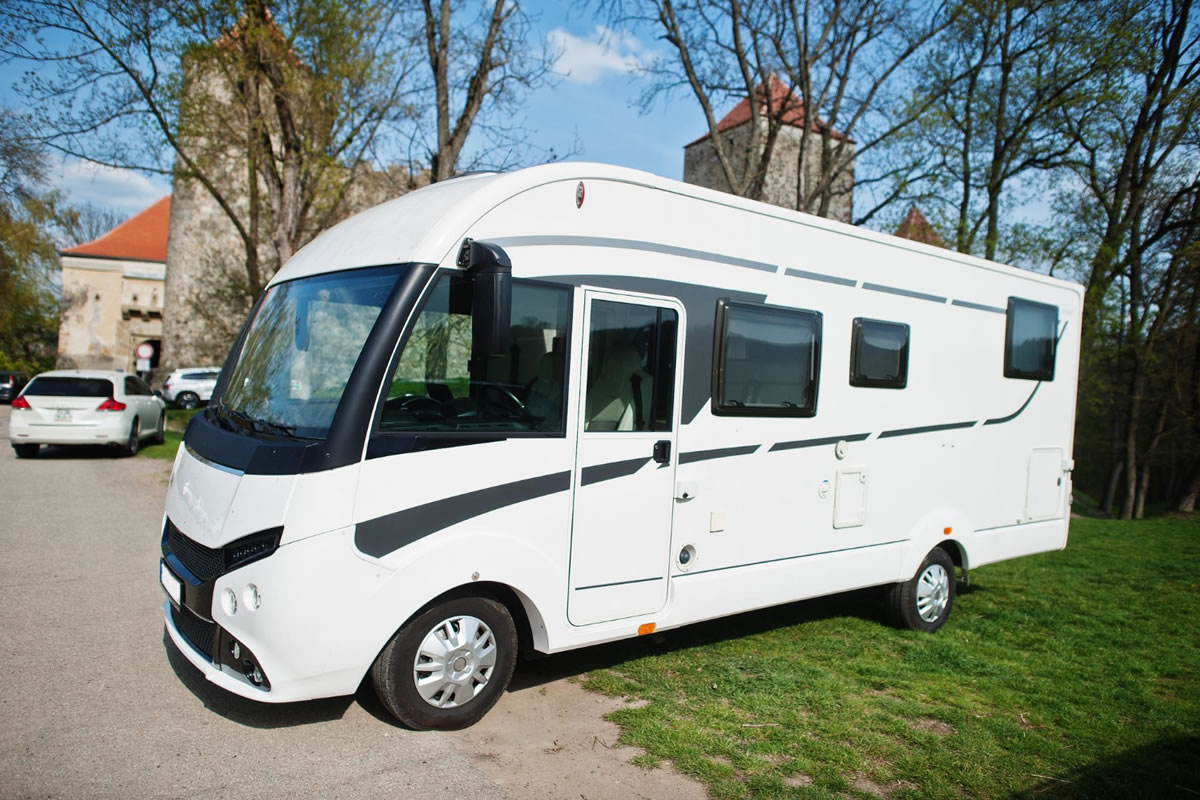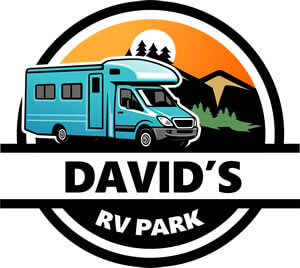
People often have outstanding questions about what to anticipate when driving an RV for the first time and setting up at their first campsite. We had similar questions not long ago, so experts from our RV park in Pleasanton, TX, answer them as a resource for others.
It will be distinguishable from operating a minivan because it's broader and longer, but you'll get a feel for it. Here are some excellent pieces of advice to assist with the transition.
Before driving, walk around your RV to see if you can locate a reference point on the body above the rear wheels. On motorhomes, there is typically an orange lamp or reflector. Then get in your driver's seat and find the same reflectors with your side view mirrors. Whether you're operating a motorhome or a towable trailer or fifth wheel, remember that when once the final axle has passed the barrier (the median or intersection, etc.), that's when it is safe to turn.
If you can, drive around a considerable empty space like a school or church parking area before going too far down the road to help you have a feel for the RV. Drive around light poles and test the turning radius. That'll provide you with a confidence boost.
Top speed relies on your tire rating. Many are rated for 65 miles an hour, but you must inspect the information on your sidewall to know for sure. You must look there any way to study a few other things. Ensure they say "DOT" for the Department of Transportation. This signifies they're approved for sale in the U.S. and aren't a shoddy import. Also, a 4-digit code on the sidewall tells you when the tires were constructed. The first two numbers are the week, and the second two are the year. If the tires are over six years old or appear rough with inferior tread, you must replace them. Get a trucker tire gauge to confirm the tires are correctly inflated because there's no quicker way to experience a blowout than driving on underinflated or old tires. We suggest buying a high-quality air compressor if you need to inflate the tires.
You need to think in three dimensions because you're not merely driving along the road; you're also scanning for overhangs and tree branches. So until you learn you're official height, study your route ahead of time to guarantee you won't experience any low overpasses. Also, remember that the official measurement listed on your flyer might not be correct if any changes have been made to your RV's roof. Furthermore, always allow yourself a buffer of at least a few inches when approaching an overpass in case the sign is wrong.
Dumping the tanks isn't difficult, but every RVer appears to have at least one disaster account, so don't fret if you mess up. You'll have something to share about the campfire later. Carry gloves, new and sturdy hoses that match your RV's sewer connection, a transparent connector between the RV and your hose, septic-safe toilet paper, and black tank chemicals. Before using your hoses, tighten them at every joint and connection point.
We hope the answers help make your first trip enjoyable and successful. Contact us today if you need an RV park in Pleasanton, TX. We want to be your home away from home.
